
What Do You Feed a Bird? Essential Tips for Bird Feeding
Share
The first thing to do is to find out which birds are most likely to be visitors to your garden. That means bird identification: if your bird ID is a little sketchy, use our online A to Z bird guide.
Providing food for the birds is one of the easiest things you can do to help wildlife. When feeding the birds it's important they are fed a healthy diet - all year round if possible - but especially during the colder months, which should be a priority.
Putting out a good quality seed mix will encourage the birds to visit your garden and it will provide them with the essential energy they need. The best seed diets contain lots of different seeds in many shapes and sizes to encourage enrichment and natural seed-eating behaviour.
When it comes to choosing the right food, to help you decide we have a basic chart which is a guide to show each food and the more common garden birds that will generally feed on them.
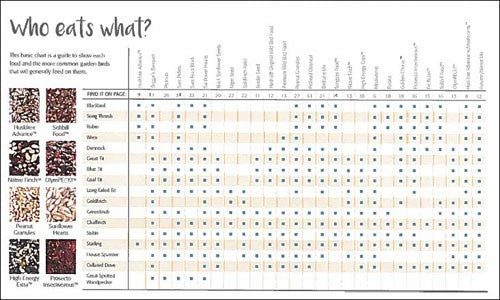
The best way to encourage the birds is by hanging out a bird feeder; there are different types of feeders depending on what food you wish to feed.
It is also important to provide the birds with access to clean water to drink and bathe in - birdbaths should be regularly cleaned. Hygiene is also very important and appliances should be cleaned regularly.
Fruit such as apples, pears and plums are a great bird food as they have high water content and these can be halved and left on either the bird table or on the ground for robins, thrushes and blackbirds to enjoy.
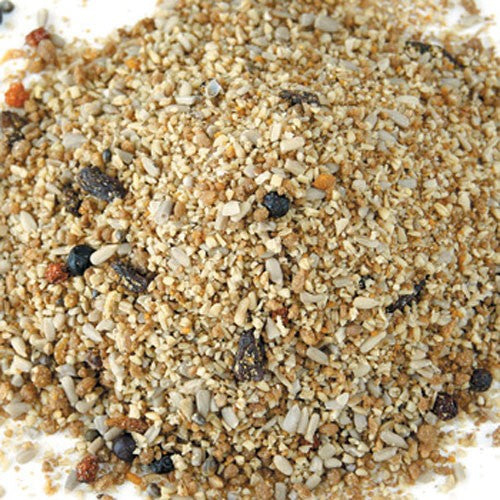
Golden Chorus is a soft-food mix of wholesome goodness. The enjoyment begins as soon as you open a delicious bag of Golden Chorus - you'll love the aromatic blend of rowan and juniper berries with crumbly moist soft-food (which is 100% edible) but the Robins, Wrens, thrushes, blackbirds plus tits and finches will love it more.
House sparrows, finches, dunnocks and collared doves are mainly attracted to small seeds, such as millet. Tits and Greenfinches favour sunflower while flaked maize is taken readily by blackbirds.
Haith's Original Wild Bird Food is an all year round mixture and includes all the grains suitable for a variety of the birds. It is a great value, low-cost, super clean and safe bird seed diet.
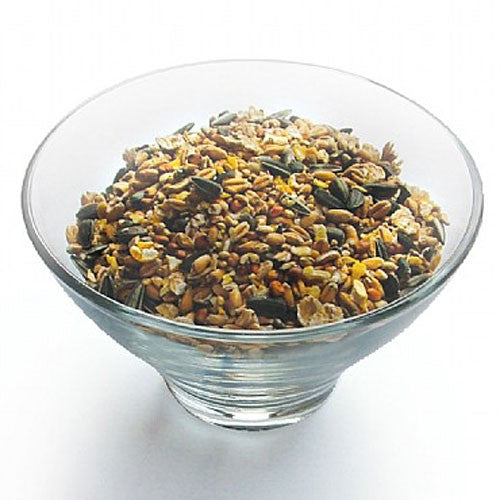
Many birds are attracted to sunflower seeds as they are rich in calories, protein and unsaturated fats. They're included in many of our seed mixes and appeal to so many garden birds.
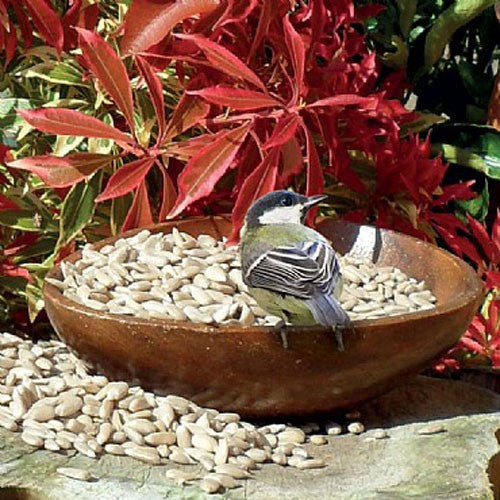
Goldfinches are gregarious in nature and will often feed in large numbers (a charm) where there's a regular supply of Niger Seed or sunflower hearts.
Niger seed is a fine oil-rich, free-flowing seed which needs to be fed from a special Niger Feeder. Additionally, our unique Goldfinch Mix is a very special blend of oil-rich seeds (including Teazle seed) enriched with natural calcium-rich seeds for healthier birds.
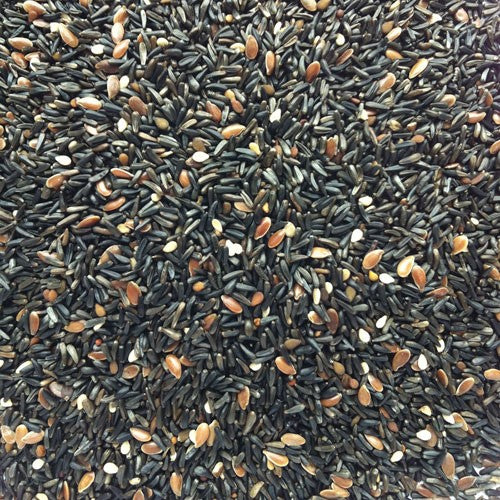
Peanuts are one of the simplest ways to feed birds. Each peanut is high in calories and oils, and birds can quickly access enough calories to be on their way conducting the day to day business of survival. The quality of peanuts however varies greatly and poor quality can be harmful to the birds.

Live mealworms provide essential protein and moisture for garden birds to feed themselves and their young. They are vegetarian larvae and are clean and odourless. Mealworms are rich in protein (48%) and fat (40%) and are relished by many species of bird. It is very important that mealworms are fresh when they are fed to the birds so it's best to keep live ones in a cool place.
Suet foods are loved by birds and provide an essential energy boost throughout the year. They are a fantastic way for birds to get much of the nutritious goodness they need, especially during the winter season.
A healthy diet generally means healthy birds, and once you have chosen the right foods for your birds you can then watch your feathered friends flock to your garden.
And what a delight they are to see.
Written by Tina Jakes
